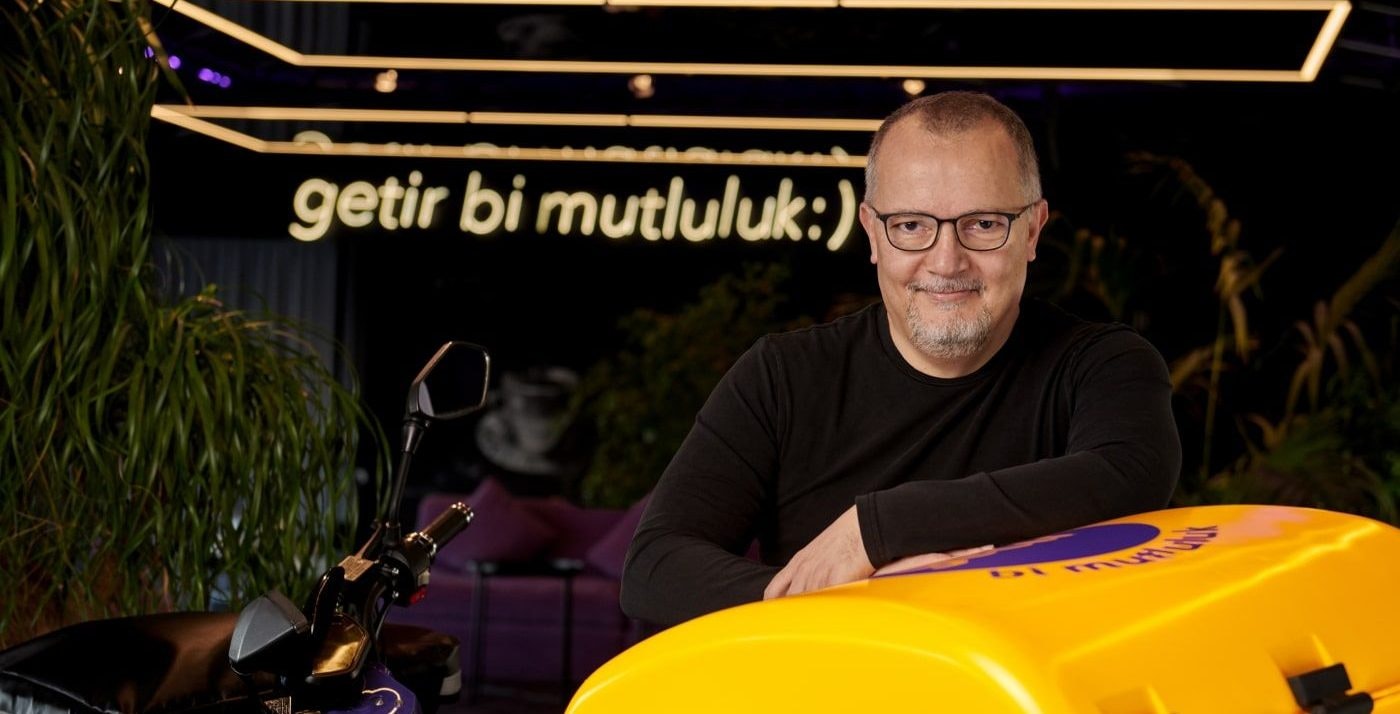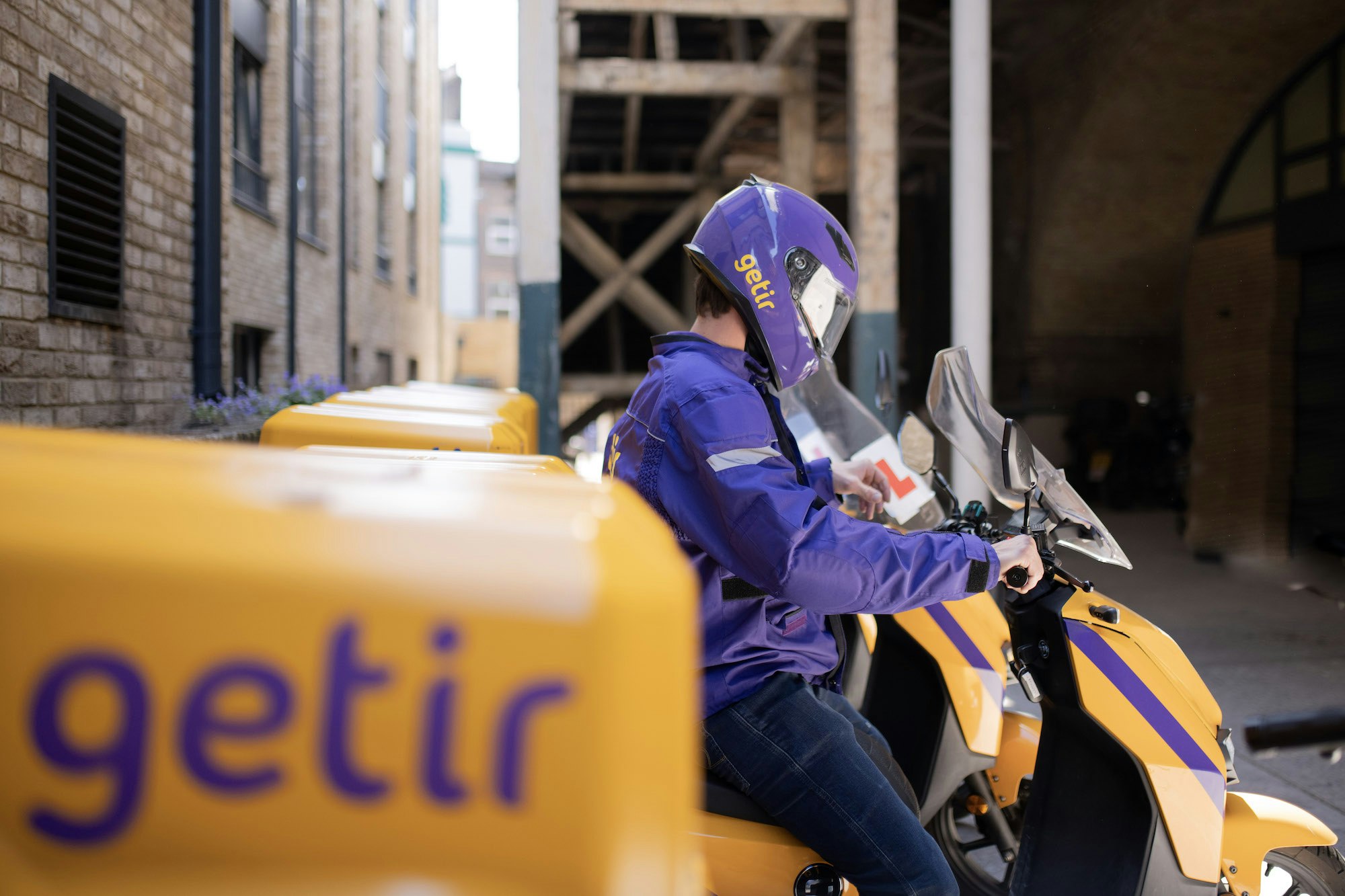As lockdown struck a little over a year ago, several search terms saw surges worldwide. There were people seeking out information on Covid-19 case figures; those looking for video calling apps like Zoom; and 'fabric shavers' — an electric lint roller designed to remove fabric pills from garments.
The reason was simple: stuck at home, not wearing their full range of clothing, many people saw the opportunity for spring cleaning — and a way to make a little money at a time when the economy looked precarious.
Vinted
The result was a boon for Lithuanian-based second-hand clothing app Vinted, says chief executive Thomas Plantenga. Vinted now has more than 1.2m registered users in the UK, and 37m across Europe, drawn by a 16% to 17% increase in listings on the app during the two 2020 lockdowns across the continent.
This surge is underpinned by the zeitgeist around sustainable fashion
“Lockdown simply sped up a shift in mindset that was already underway, allowing communities of ethically conscious consumers to connect online and develop an identity, which accounts for the increase of users on our app,” says Plantenga.
“Ultimately, this surge is underpinned by the zeitgeist around sustainable fashion and push for more ethical consumption around the world,” the CEO adds.
“National lockdowns of course helped spur this already booming trend, as people had more time to declutter and sell the items they no longer need. Aside from the environmental factor, it’s also financially beneficial: by selling your unworn clothes, consumers free up space in their wardrobe and make some extra cash in return.”
Vinted wasn’t the only European fashion startup to undergo significant changes.
Son of a Tailor
Copenhagen-based startup Son of a Tailor — which produces simple fashion staples designed to last by being tailored to individual buyers’ measurements — saw sales drop a year ago due to Covid-related uncertainty as global lockdowns began to bite, but quickly bounced back and have stayed at a growth of two to three times before the pandemic ever since. “
This reflects a shift towards ecommerce, as well as a desire for nice basics,” says Michelle Wiles, the company’s head of brand.
Son of a Tailor, which produces much of its product in Italian factories, struggled to keep up with demand as Covid-19 shut down its Italian work. They’ve also seen more business because of ballooning waistlines — the result of a more sedentary lifestyle.
“We have seen an uptick in customer service requests stating that they have gained weight, and asking our pattern making team to help them ‘size up’ their custom size to accommodate ‘Covid kilos’,” says Wiles. The company is waiting to see whether customers then size back down after gyms reopen.
In preparation for the reopening of society as vaccines begin to tamp down the chaos Covid-19 has wreaked, Son of a Tailor has designed an Oxford shirt to be released at the end of April — in anticipation of people returning to the office and restaurants: in general, wanting to look more formal than the standard relaxed lockdown look.
Hirestreet and Zoa Rental
People are talking about this Gatsby era where they are very excited to get out
The return to more formal clothing beyond t-shirts and pants is something UK clothes rental startup Hirestreet is also eagerly anticipating.
“People are talking about this Gatsby era where they are very excited to get out,” says Isabella West, the Newcastle-based founder and CEO. “We’ve got a massive surge in events that have been postponed or cancelled for the last year and a bit.”
Launched in 2018, the company struggled at first to meet demand, with growth rates topping 1,000%. But since Covid-19 has cancelled weddings and the weekend night out, the business has pivoted. “Before the pandemic we didn’t realise how easy we had it,” says West.
Before the pandemic we didn't realise how easy we had it
Alongside diversifying stock into more casual clothing — the kind suitable for occasional Zoom calls, rather than date nights — Hirestreet also spent the pandemic building out its tech stack and white labelling it in preparation for the grand reopening.
"It was really obvious that for rental to really boom, we needed big retailers to do it,” says West. The spinoff company, Zoa Rental, is a fully-managed software-as-a-service (SaaS) platform that takes retailers’ stock into Zoa’s warehouse, builds its rental website, and cleans, repairs and fulfils customer orders. “You as a brand never have to touch that stock again,” she says.
That business is designed to help struggling high street shops diversify their income and manage the shaky transition back to normality, where shoppers may think twice about buying an expensive dress for fear that they could be thrown back into lockdown.
Yet there is an appetite to get out and party.
In the last month, Hirestreet’s B2C business has seen an uptick in requests to its try-on service, where people can order garments to their homes to test combinations of outfits before committing to renting. “
At the moment we’ve got two different types of orders coming through: formalwear try-ons coming through, which are then leading to conversions which are a couple of months out, so in late summer,” says West.
“Then on the other hand we’ve also got the bookings that are our standard weekly bookings at the moment, which have definitely become more casual. That’s your pub-friendly outfits.” Hire Street’s average formalwear rental order is around £35 to £40, while its casualwear orders are closer to £20 to £25.
What happens in the next year is still uncertain: Covid-19 vaccines show promise in charting a path out of the mundanity of day-to-day life that’s typified the last year across Europe, which will be a boon.
“While the reopening of retail will give consumers greater choice in where they can get their clothes from, as a business, we are not concerned,” says Vinted’s Plantenga. “We do think reselling models will still continue to have significant relevancy and appeal to consumers long after shops open — may they be offline or online, [which are] rather complementary models.”



